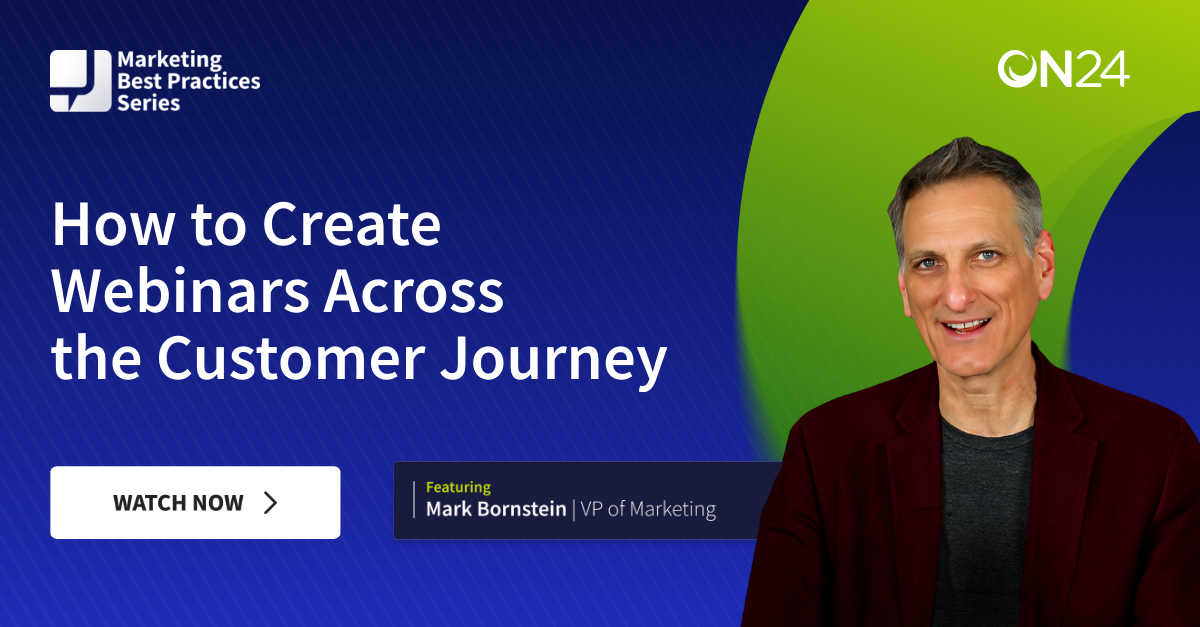Most marketing campaigns focus on attracting new leads, but it’s just as important to engage with existing customers. This is what digital customer engagement strategies are all about – creating opportunities to build stronger customer relationships that can have all sorts of positive impacts.
We’ve put together a full guide to digital customer engagement to help you maximize your customer relationships. Read on to learn more about key channels, techniques and tools to use in an engagement strategy and how to overcome common challenges in digital engagement.
Understanding Digital Customer Engagement

Customers increasingly turn to digital channels to interact with businesses and brands, which makes digital customer engagement a more important concept than ever before.
Each individual digital touchpoint between a business and its customers represents an opportunity to develop stronger relationships, which can lead to diverse positive outcomes, including:
-
- Boosting retention: An effective digital customer engagement strategy can turn one-time customers into brand loyalists by making them feel valued and well-looked after.
- Increasing brand reputation: Actively engaging with customers through digital channels can transform them into brand advocates, boosting inbound referral leads.
-
- Maximizing revenue: Increased customer loyalty and brand reputation can both directly drive revenue, while the data collected through digital customer engagement campaigns can contribute to improved performance elsewhere in the business.
It’s clear that building a sophisticated digital customer engagement strategy can pay dividends but, to get the best results, businesses should take full advantage of the variety of channels, techniques, and tools available to them.
The Role of Digital Channels in Customer Relationships

In a digital-first landscape where customers primarily discover, research, and interact with brands online, digital channels play an important role in building strong customer relationships. There’s a wide variety of channels businesses can use to foster these relationships, including:
Social Media
Social media networks like LinkedIn, X (formerly Twitter), and Facebook offer businesses the opportunity to interact directly with their customers through both organic and paid posts. They’re particularly useful for driving engagement, with likes, comments and shares all boosting post reach and exposing brands to new audiences.
Email Marketing
Email marketing is a powerfully direct channel, allowing businesses to deliver messages straight into their customers’ inboxes. This makes it particularly valuable in customer relationship management, helping brands keep their customers engaged to boost long-term retention.
Live Chat
Live chat features on websites or apps give customers the chance to engage with a brand on their own schedule. They’re invaluable in boosting customer satisfaction, allowing customers to get real-time support for issues with a service or product, but can also increase on-site conversion rates by providing an always-on source of information.
Strategies for Building Customer Relationships Digitally

Digital channels like social media, email, and live chats provide businesses with the means to engage with customers and build stronger relationships. However, a strategic approach is required to ensure success. Popular strategies for building stronger customer relationships through digital engagement include:
Personalized Communication and Tailored Experiences
A McKinsey study found that 71% of consumers expect personalized communication from the brands they choose to engage with, and 78% are more likely to make repeat purchases from companies that use content personalization techniques.
In other words, finding opportunities to deliver tailored engagement experiences can help businesses build stronger, more meaningful relationships with customers that contribute towards better retention rates and increased revenue.
Effective customer segmentation is the foundation of a personalized campaign, helping businesses split their audience into smaller groups, based on demographic details, for example. These segments can then be used as the basis for personalized campaigns, with messaging, promotions and distribution channels all adapted to suit the segment’s specific preferences.
Tips for Creating Engaging and Relevant Content
To get the best results from a digital customer engagement campaign, businesses should focus on creating content that resonates with their customers. Resonant content addresses key customer interests or pain points, providing more value to the target audience which in turn means that it’s more likely to generate engagement and boost loyalty.
Referring to any existing data on customer preferences, including segmentation data, can provide a head start when brainstorming high-relevance topics. Then, when creating the content, businesses should prioritize formats that can drive high engagement rates and contribute meaningfully to relationships, like webinars or digital events.
Utilization of Data and Analytics
Like any other marketing strategy, digital customer engagement campaigns rely on a process of learning and refinement to perform at their best. Businesses looking to maximize results need to ensure they can learn from campaign performance data and make tweaks to targeting, messaging, or personalization techniques on the fly.
Data can be collected throughout the campaign, with key performance indicators (KPIs) like impressions, click-through rate, and engagement rate all providing valuable insights that can inspire new approaches. This data can also be fed back into the targeting strategy to refine customer segments, content formats, and key messaging topics.
Technology for Customer Engagement

Digital customer engagement campaigns thrive when they make full use of technology. Using a customer engagement solution can make content creation, delivery and analysis processes both more efficient and effective, ultimately contributing to better campaign results.
In content creation, technology can be used to overcome the challenges involved in producing personalized content at scale. AI-powered tools like the Analytics and Content Engine powered by ON24, for example, can be used to adapt or repurpose existing content like webinars, automatically generating new assets personalized to specific audience segments.
For content deployment, dedicated platforms make it easier to create bespoke content experiences. Tools like ON24 landing pages, for instance, provide a quick and simple way to build customized content hubs that ensure customers are always being directed to relevant, resonant content.
Finally, content analytics tools allow businesses to learn more from their digital customer engagement efforts, providing insights that can inform future strategies. Platforms like ON24-powered performance analytics hub collate engagement data from across channels and deliver automatic recommendations on how to improve campaign performance.
Measuring Success and Optimizing Strategies

Just like any other type of marketing, digital customer engagement strategies need to be constantly evaluated and refined to deliver the best results. Without proper measurement practices in place, it’s impossible to know if your campaign is working. By extension, that means it’s difficult to adjust your strategy to strengthen performance.
The key to measuring success accurately is choosing the right performance metrics. While success in other marketing campaigns might be tracked through KPIs like leads or revenue generated, engagement campaigns often work towards different goals.
Depending on the channels used in the engagement campaign, relevant performance metrics could include social media interactions, website click-through rate and Net Promoter Score.
After establishing metrics, it’s important to assess performance against them on a regular basis. This will provide opportunities to learn from the data, highlighting strategies that are working well and areas of the campaign that need improvement.
This data can then be used to adjust the engagement strategy by focusing on high-performing channels or techniques and reviewing low-performing ones. Over time, this approach will lead to more reliable results that contribute towards broader business goals.
Challenges and Considerations in Digital Customer Engagement

Digital customer engagement strategies offer a great opportunity to build stronger relationships with customers and enjoy the resulting benefits. But they present a range of challenges that businesses have to overcome to generate consistent results, including:
-
- Information overload: Digital audiences are already exposed to lots of information, which means the content used in engagement campaigns needs to stand out to be noticed. Focusing on crafting valuable, relevant and personalized content that addresses key customer pain points can help capture attention, and using content formats that maximize engagement opportunities can retain it.
- Customer trust: Earning trust from customers takes time and consistency, but it can be achieved through a sophisticated engagement strategy. Providing excellent customer service through a live chat function and delivering genuinely useful content using segmented distribution can both have a large impact, reassuring customers and making them feel valued.
Overcoming the main challenges that digital customer engagement strategies present takes some planning and consistent effort, but the potential rewards make it worthwhile. Increased customer loyalty, a better brand reputation, and more revenue opportunities can all have a significant impact on overall business performance.
If you want to focus on building a more effective digital customer engagement strategy for your business, try the ON24 Intelligent Engagement Platform.





